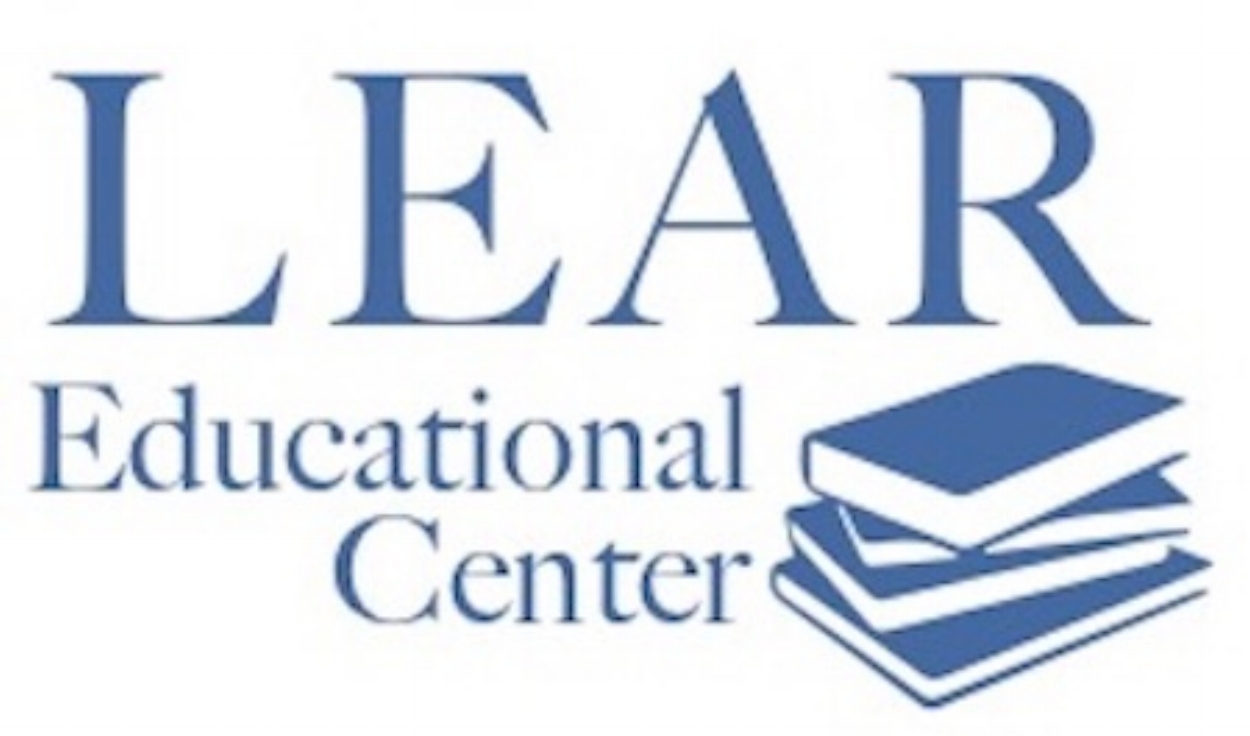Autism Spectrum Disorder – Scholastic Challenges
/The degree to which an autistic student’s learning capability is impacted depends upon where he is along the autism spectrum. According to the United States Center for Disease Control (CDC) latest statistics, by age 8, 1 of every 36 children has been diagnosed as having autism spectrum disorder.
There are three main types of autism spectrum disorder:
•Autistic Disorder with significant language difficulty; social and communication challenges; repetitive behaviors such as hand flapping, rocking and spinning; obsession with unusual objects and often an intellectual disability.
•Asperger Syndrome with milder symptoms of Autistic Disorder. They might have social challenges and unusual behaviors and interests, yet they have normal language and intellectual ability.
•Pervasive Developmental Disorder– Not Otherwise Specified (PDD-NOS) with milder and fewer symptoms than those with autistic disorder, yet which might cause social and communication challenges.
At Lear Educational Center we assess each student’s individual strengths and prior knowledge to best provide the one-to-one academic coaching and scholastic tutoring needed for them to reach their potential.
Attendance at school itself may present a significant challenge for autistic students. They tend to rely on familiar surroundings, familiar faces, and specific routines and become anxious when their environment or schedule is changed. This anxiety interferes with their ability to focus and learn in class.
Being among strangers may be particularly overwhelming as autistic children may not have the communication ability or social skills necessary to interact readily with others and may interpret the actions of others as threatening.
Autistic students may have ritual patterns of behavior which cannot be performed readily in the classroom setting. They may have preoccupations with cherished possessions which they cannot bring to school.
These students may experience fear or a stressful sensory overload in a strange place, causing them to react with unusual behavior in their exasperation. These behaviors may include repetitive rocking, spinning, or flapping of hands which serve to comfort. Even though this type of repetitive behavior, called ‘stimming,’ may be disruptive in class, the autistic student does not mean to disrupt, rather he finds it necessary to reduce his anxiety through the stimming. At times an autistic student might become so exasperated or terrified that his behavior becomes extremely erratic and loud, sometimes referred to as ‘acting out’ or ‘melting down.’
Lacking the flexibility which would allow them to readily adapt to the school day environment and structure, many students with autism spectrum disorder become overwhelmed and fall behind their classmates. They may find it difficult to get organized with their books and may need extra time to process what they have heard. Autistic students may become anxious, frustrated and distressed, and may be unable to express their confusion.
Having basic knowledge regarding the subject material being presented in the classroom provides a sense of familiarity to help alleviate the student’s stress and to increase his receptivity to the new learning. Reviewing and reinforcing past learning, as well as filling in any knowledge gaps, provides a strong foundation for the student’s progress. When the student can make the connection between what he knows already and what he is being taught, he is more at ease and self-confident, more capable of focusing and paying attention, understanding and participating.
Lear Educational Center provides academic coaching and systematized, intensive, individualized scholastic tutoring designed to meet the needs of autistic students. Our supportive one-to-one programs foster enthusiasm, comprehension and retention. They feature:
Multi-sensory teaching (sight, hearing, touch and movement) to reinforce the lesson, encourage, and maintain the student’s interest.
Visual, spoken and written explanations of concepts which assist the students to grasp and verbalize the reasoning of the concept.
Gradual introduction of new concepts and skills with frequent review to enhance recollection of prior learning and promote mastery of basics.
An emphasis on comprehension and retention so that students can effectively progress through more complex levels.
Introduction of learning strategies, study skills and techniques which the student can use to meet the learning challenges of today as well as the classroom challenges of tomorrow. We use programs that are widely acclaimed for their success in teaching students with learning differences. These programs include Lindamood-Bell, Wilson©, Orton-Gillingham, and math remediation which is aligned with PA Common Core Standards.
Lear Educational Center provides academic coaching and scholastic tutoring designed to meet the individual needs of students on all levels, primary through college, for most subjects. We interface with schools, working with the curriculum appropriate for each student to bring him up to grade level and to advance. We accommodate and compensate for learning differences, helping students to meet IEP and remediation goals.
At Lear Educational Center we also provide preparation for ACT, PSAT, SAT and other standardized tests.
Our tutoring services are available on campus, online, or at our facility.
Lear Educational Center - providing tutoring services to students from Allentown, Bethlehem, Easton, the Greater Lehigh Valley
and Northwest New Jersey since 2000



































